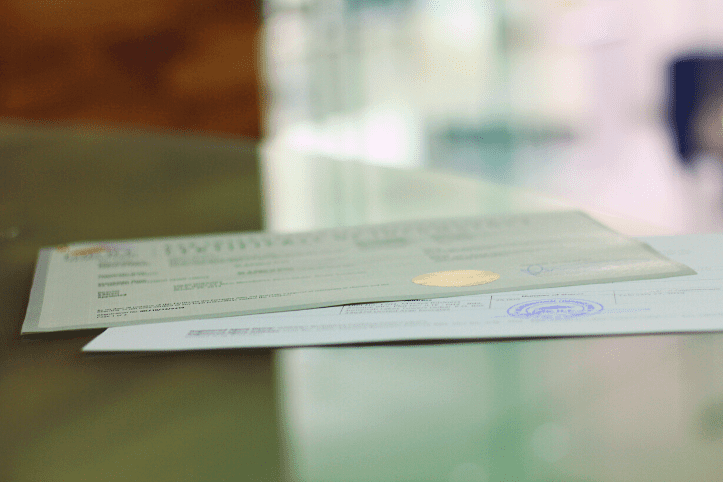Classification of shares in the UAE

Briefly, ordinary shares mean that their holders have full rights and liabilities, preference shares imply limited rights and liabilities, and treasury shares are a type of reserved stock that is commonly used to raise money or pay for future investments. In this article, we would like to describe each of the three types in detail, plus the Bearer share, the fourth type of shares, as additional information.
Ordinary shares
This type of shares is the most common among all classifications and is defined as “default” in the company's Memorandum of Association (MOA). Ordinary Shares, also known as common shares, are shares of the company, which allow the investor to participate in board meetings, vote, and receive dividends from a company’s received profits. The investor has a right to receive dividends, proportional to the percentage of owned shares. The amount of issued Ordinary Shares of the company might be subjected to certain regulations, for example, in certain jurisdictions, Ordinary Shares shall not be less than 80%, while the remaining 20% can be distributed across different classes.
Preference shares
Preference shares assume the priority rights for receiving fixed dividends, over the rights of ordinary shares’ holders. In most cases, holders of preference shares do not hold the right to attend the shareholders’ meetings, and they do not carry voting rights either, in comparison to holders of ordinary shares. Preference shares are usually issued by companies seeking to segregate rights and liabilities of all the shareholders, and sometimes to raise capital, combining the characteristics of debt and equity investments and, therefore, are considered hybrid security. Preferred stock shareholders have both advantages and disadvantages. They receive dividends earlier than holders of ordinary shares, on one hand, however, they do not have the voting rights that holders of ordinary shares normally do.
Treasury shares
Treasury shares refer to a case, when a company already has a certain amount of issued shares, meaning that the company is the holder of those shares. In case new shareholders would wish to acquire the shares, this transaction would be processed directly to the company’s bank account, rather than the account of an existing shareholder, who wishes to sell shares. Treasury shares are not entitled to carry: voting rights, vote count, and receive dividends. Treasury shares are the form of a reserved fund, aimed at future investments, and raising funds.
Bearer shares are another type of shares, which is not required to be registered under a specific person’s name or entity. It means that such shares will not be registered in any shares registry, and the owner of this share is the person holding the share certificate. Bearer shares are the least common type of shares, and they are not permitted in many registers worldwide.
Shares listing in MOA
The rights and liabilities of all classes of shares must be listed in the company’s Memorandum of Association (MOA). Normally, all the provisions are set in the standard type of MOA which is considered to be a default document of a company. However, there are cases when standard MOA provisions do not meet the goals and requirements of the company and in such cases, the company may modify its MOA. It is important to note that not all jurisdictions in the UAE provide the possibility to modify MOA. To name a few of those which provide such possibility, are DMCC, ADGM, and RAKICC. Moreover, those jurisdictions, which allow amending MOA, in most cases require to present the legal opinion to adopt amendments in the MOA. A simplified alternative of regulating the relationship of shareholders of each share classification is to conclude a Shareholder Agreement, which may be treated as an integral part of a standard MOA.
If you would like to have advice or assistance concerning the classification of shares in the UAE jurisdictions, kindly contact us.
Marsel Shadmanov
Head of Corporate Services at Garant Business Consultancy DMCC
Phone +971 4 421 4335
Email info@garant.ae
